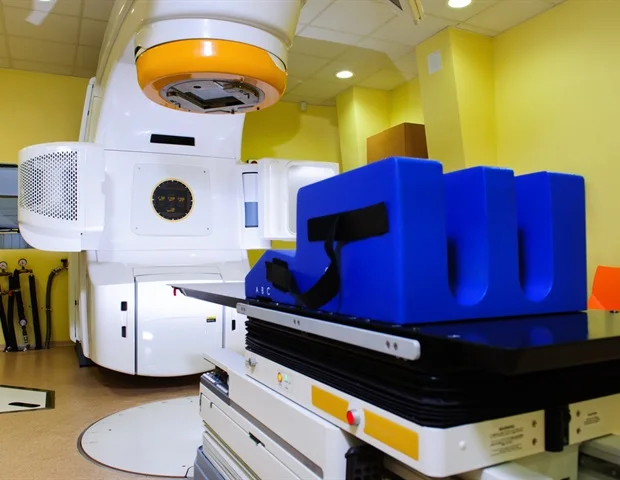
The American Society for Radiation Oncology (ASTRO) and the American College of Radiology (ACR) recently released seven updated practice parameters for medical providers who use radiation therapy to treat patients with cancer. The updated practice parameters synthesize the clinical best practices that describe recommended procedures and considerations for the safe delivery of radiation in specific areas of clinical practice. The joint Practice Parameters and Technical Standards are available for download online.
Three practice parameters were developed by ACR and ASTRO:
- ACR-ASTRO Practice Parameter for the Performance of Stereotactic Body Radiation Therapy
- ACR-ASTRO Practice Parameter for Image-Guided Radiation Therapy (IGRT)
- ACR-ASTRO Practice Parameter for Communication: Radiation Oncology
Four additional practice parameters, which focus on the medical use of specific radioactive sources, were developed in collaboration with the American College of Nuclear Medicine (ACNM), the Society of Nuclear Medicine and Molecular Imaging (SNMMI), the American Brachytherapy Society (ABS), the Society for Pediatric Radiology (SPR) and the Society of Interventional Radiology (SIR):
- ACR-ACNM-ASTRO-SNMMI Practice Parameter for the Performance of Therapy with Unsealed Radiopharmaceutical Sources
- ACR-ACNM-ASTRO-SNMMI Practice Parameter for the Performance of Therapy with Radium-223
- ACR-ACNM-ASTRO-SNMMI-SPR Practice Parameter for Treatment of Benign and Malignant Thyroid Disease with I-131 Sodium Iodide
- ACR-ABS-ACNM-ASTRO-SIR-SNMMI Practice Parameter for Selective Internal Radiation Therapy (SIRT) or Radioembolization with Microsphere Device Brachytherapy Device (RMBD) for Treatment of Liver Malignancies
ACR and ASTRO previously issued joint practice parameters for proton beam radiation therapy and radiation oncology in 2018, and for total body irradiation in 2017.
American Society for Radiation Oncology (ASTRO)






No comments
Post a Comment